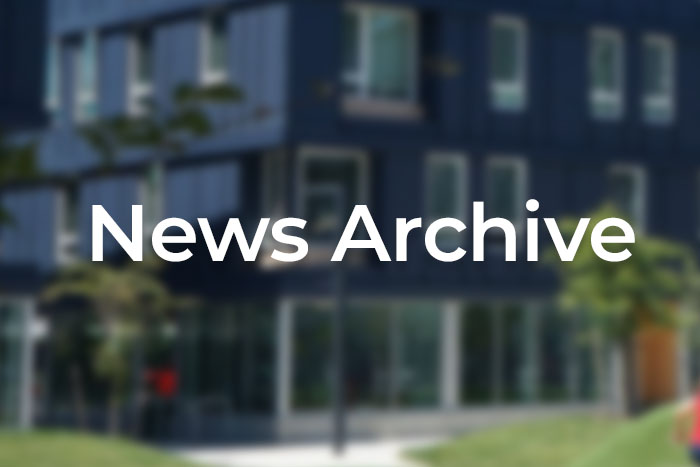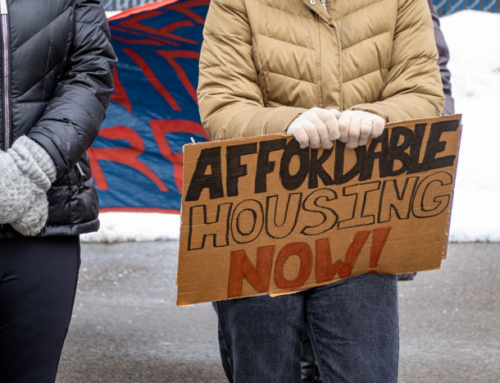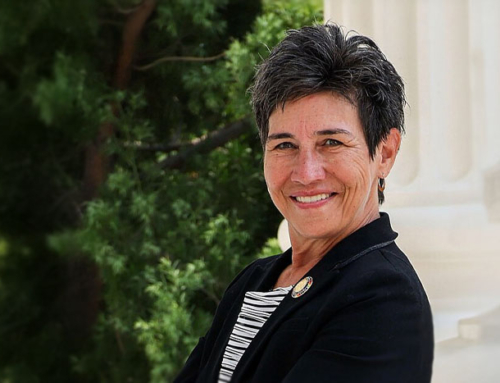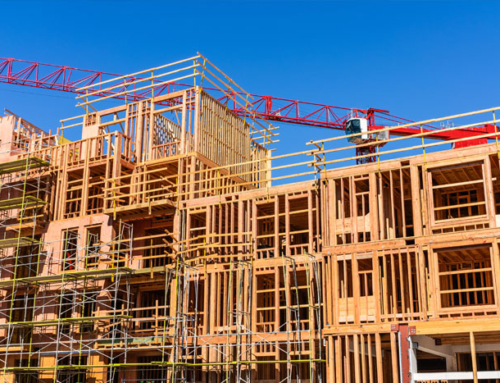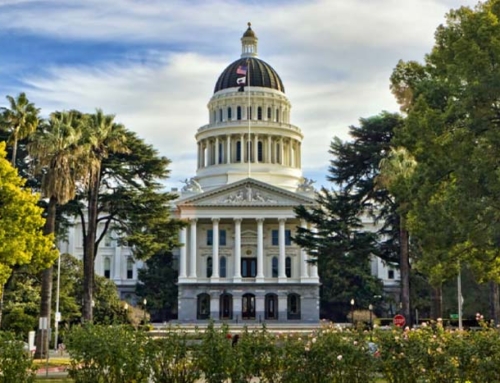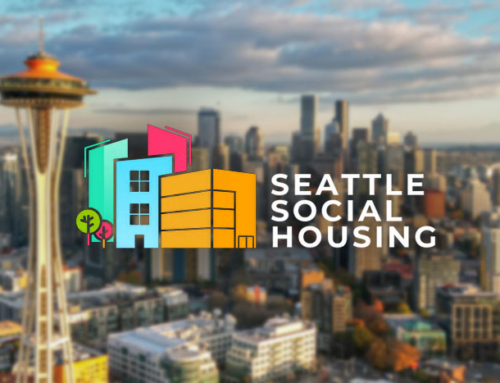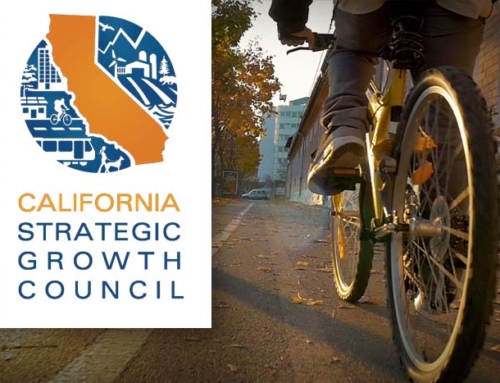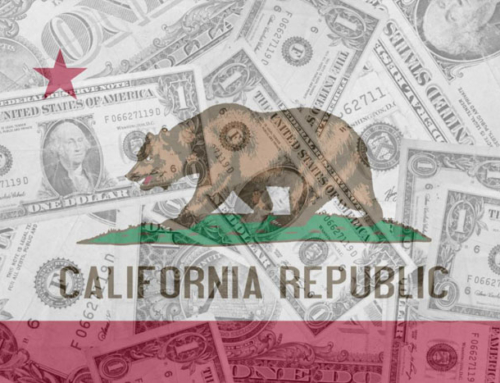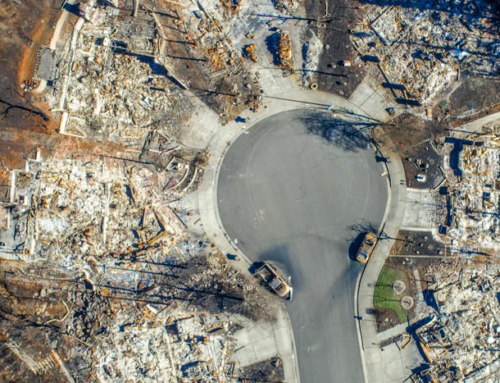In November of 1950, California voters passed Proposition 10, which added Article 34 to the State Constitution. Known as the Public Housing Law, Article 34 requires that cities obtain approval from a majority of voters before affordable homes financed with public funds can be acquired or developed. Some jurisdictions—like Santa Clara County and San Jose—have passed blanket measures that effectively allow publicly-funded development to move forward without further voter action, while others have passed measures that allowed for the development of specific projects or for a limited number of new homes.
- In Los Angeles, voters approved a 2008 measure allowing the development of 3,500 units of affordable housing in each City Council District. This year, voters will consider Initiative Ordinance LH, which would raise the affordable housing cap to 8,500 units per district.
- In South San Francisco, voters will consider Measure AA, which will allow for the development of new affordable units that total 1% of the City’s existing homes annually for eight years.
- In Berkeley, Measure N would authorize the development, construction, and acquisition of up to 3,000 additional affordable homes.
- In Oakland, Measure Q would enable the acquisition or development of up to 13,000 units of publicly-assisted affordable housing.
- In Sacramento County, Measure D would allow the County and its cities to acquire, develop, or construct affordable housing equivalent to 1% of the housing stock each year.
Looking forward, on March 5, 2024, the State’s voters will have the opportunity to eliminate Article 34 through the California Remove Voter Approval Requirement for Public Low-Rent Housing Projects Amendment. Originally introduced by Senators Ben Allen (Redondo Beach) and Scott Wiener (San Francisco), Senate Constitutional Amendment SCA 2, which would put the repeal before voters, was unanimously approved by the State Senate in January and by the State Assembly in August. The bill’s authors decided to place the measure on the 2024 ballot to allow more time for a campaign to ramp up, as a majority vote of the public will be needed for the measure to take effect.
© LeSar Holdings/LeSar Development Consultants. All Rights Reserved. Please be advised that any republishing of copyrighted material provided by our organization, in whole or in part, requires prior written authorization. For permission, please reach out to [email protected]. We appreciate your understanding and compliance in upholding copyright laws.

